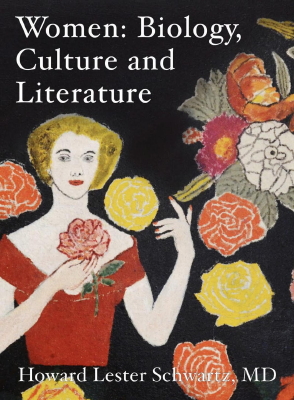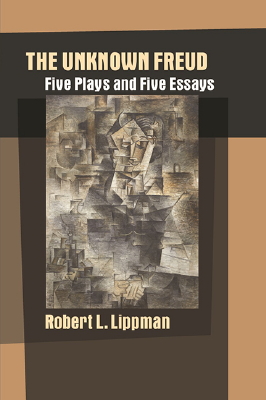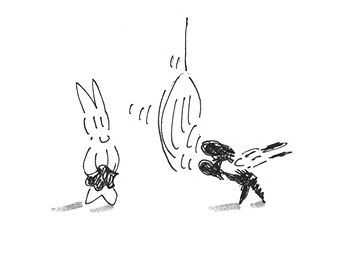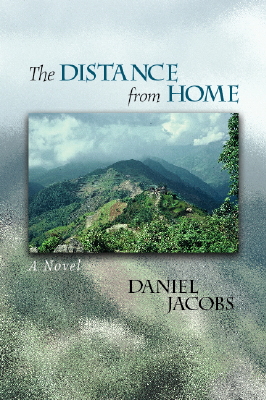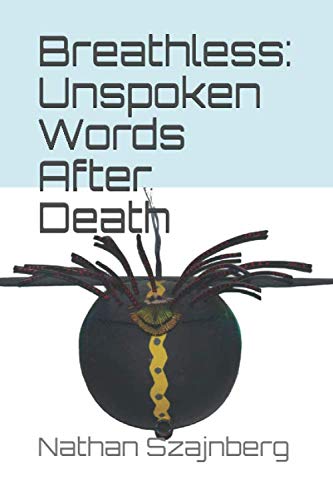Click Here to Read: On Making a Professional Will by Howard L. Schwartz, MD
Click Here to Purchase: Women: Biology, Culture and Literature by Howard L. Schwartz
Click Here to Purchase: Hide and Seek/Hidden and Found: In Search of a Balanced Life: Psychoanalytic Memoirs, Stories, and Essays by Howard L. Schwartz
Click Here to Purchase: All Aboard by Howard L. Schwartz, MD
Category: Literature
The Aliquis Lapse: Preparing the Ground with Minna
Libraries, Bookstores and the Internet-An Essay by Howard Schwartz
Click Here to Read: Libraries, Bookstores and the Internet-An Essay by Howard Schwartz.
Click here to Purchase: Hide and Seek/Hidden and Found: In Search of a Balanced Life: Psychoanalytic Memoirs, Stories, and Essays by Howard L. Schwartz.
Click Here to Purchase: All Aboard by Howard L. Schwartz, MD
How to Psychoanalyze a Bunny: A Book Talk
Coming Soon to 192 Books: How to Psychoanalyze a Bunny: A Book Talk
Friday, October 25, 7 PM 192 10th Avenue B/t 21st & 22nd Street New York City Sarah Boxer’s In the Floyd Archives and Mother May I? (IPBooks, 2019).
Click Here to Purchase: In the Floyd Archives: A Psycho-Bestiary by Sarah Boxer.
Click Here to Purchase: Mother May I? A Post-Floydian Folly by Sarah Boxer
Poetry Monday: September 2, 2019
Good morning, everyone. Here in the U.S., it’s Labor Day weekend – traditionally a time of rest and celebration with friends and family. With the world and weather as they are at present, however, the best we may be able to do is to get together for comfort and hope.
Instead of a new poet today, I want to share something that those of you who are both poets and psychoanalysts may recall – my response to Caston’s famous article, “Poetic Closure.”
Both articles appeared in APA, longer ago than I thought. My response was in 2007. Back then, although I had already published much prose, I had only two published collections of poetry. Since that time, however, I have continued as a “working poet” – to the extent that the list has grown to five, plus an anthology, Climate of Opinion: Sigmund Freud in Poetry (IPBooks, 2017). If you take a look at some of the humorous poems in that one, you’ll be reminded that none of us can take ourselves too seriously.
Irene Willis
Poetry Editor
A Working Poet Comments on Caston’s “Poetic Closure, Psychoanalytic Termination, and Death” by Irene Willis(2007). Journal of the American Psychoanalytic Association, 55(1):43-45.
A poem is never finished, only abandoned.
—Paul Valéry
Why is a poem abandoned? Not because to end it would feel like death, but because there is no such thing as real closure in poetry. We may declare a Continue reading Poetry Monday: September 2, 2019
Happy Birthday Daniel Jacobs!
Breathless: Unspoken Words After Death by Nathan Szajnberg
Click Here to Read: Chapter 1 of Breathless: Unspoken Words After Death
by Nathan Moses Szajnberg.
Click Here to Purchase: Breathless: Unspoken Words After Death by
by Nathan Moses Szajnberg on Amazon.com.
Precis: “What last words would you have for your loved ones after death? What if you were suspended in Limbo so that you could send them these words in dreams, advice that would release you from Limbo? This novel begins with a woman’s ritual self-sacrifice, then proceeds through the Continue reading Breathless: Unspoken Words After Death by Nathan Szajnberg

